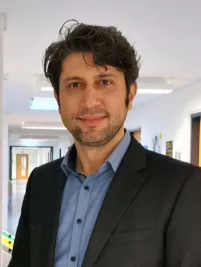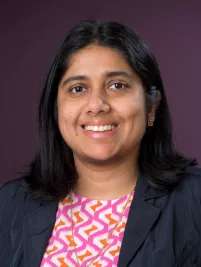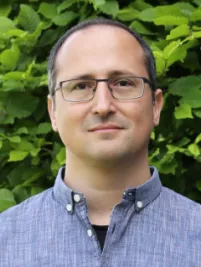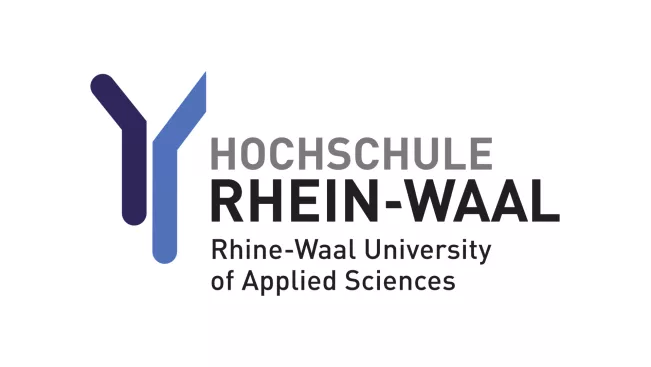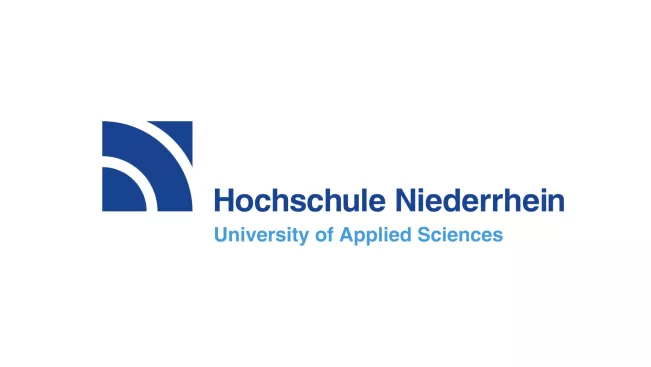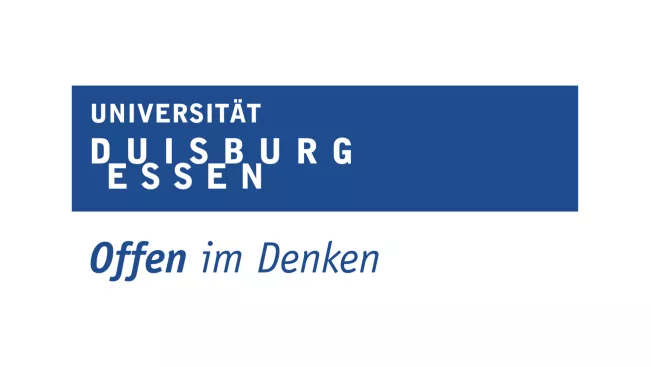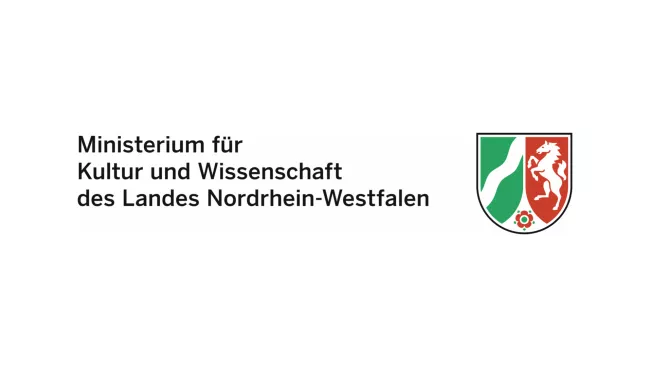Center for Assistive Technologies Rhein-Ruhr
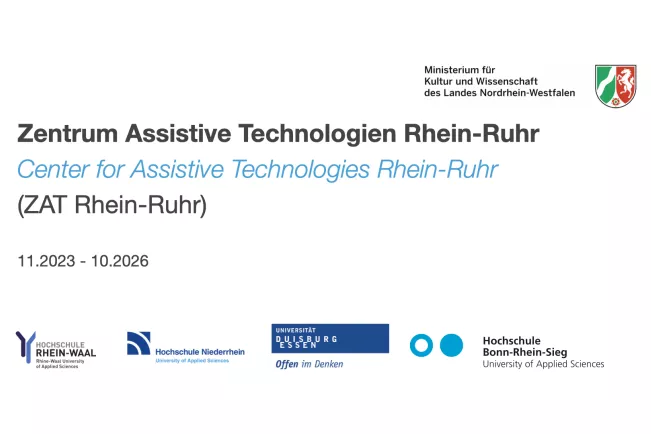
Research project at a glance
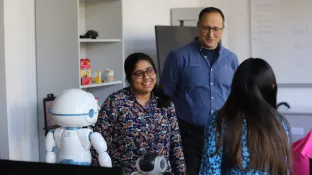
Departments and Instituts
Funding type
Period
01.11.2023 to 31.10.2026
Project manager at H-BRS

Nadine Kutz
International Affairs at the Department of Computer Science, M.A.
fb02.international@h-brs.de nadine.kutz@h-brs.de
Sankt Augustin
Room: C 158
Telephone: +49 2241 865 283
Project Manager at H-BRS
Project Description
The Center for Assistive Technologies Rhein-Ruhr (De: ZAT Rhein-Ruhr) project aims to establish a sustainable infrastructure and collaboration network for the development and utilization of assistive technologies. The project focuses on creating data protection-compliant cloud infrastructure, reference architectures, and processes for efficient research and development. It intends to disseminate its findings to the public through open-source initiatives and involve diverse stakeholders through public engagement efforts like Citizen Science and educational events. Furthermore, the project considers the development of a certification program for digital assistive systems, incorporating various quality criteria.
- Establishment of Legal Entity: The project involves the establishment of ZAT Rhein-Ruhr as its own legal entity, which will serve as the central hub for assistive technology research and development.
- Financial Sustainability: The project explores various revenue streams to ensure its financial sustainability. This includes offering services to interested companies and developing a certification program for digital assistive systems.
- Infrastructure Development: ZAT is working on creating a data protection-compliant cloud infrastructure. This infrastructure will support the provision of cloud-based basic services, facilitate the development of assistive technologies and interface remote labs.
- Reference Architecture: ZAT is developing a reference architecture for digital assistive systems. This reference architecture serves as a blueprint for researchers to build and improve their systems efficiently and effectively.
- Open Data Collections: The project is creating open data collections related to assistive technologies. These collections can be used for research and development purposes, promoting transparency and collaboration.
- Ethical and Legal Processes: ZAT emphasizes the importance of ethical, social, and legal compliance in all its processes. This ensures that research and development activities consider and adhere to relevant ethical and legal standards.
- Interoperability: One of the project's goals is to enhance interoperability among assistive technologies. This helps different systems work together seamlessly, improving overall usability and functionality.
- Network Building & Knowledge Transfer: ZAT aims to facilitate both the networking between different stakeholders as well as knowledge transfer by engaging with various partners. This includes connecting and eventually collaborating with universities, companies, and the wider public to ensure that research findings and innovations are effectively shared and implemented.
- Public Engagement: ZAT seeks to engage the public through initiatives like Citizen Science and other dissemination activities. It promotes participation, diversity, and equitable access to assistive technologies.
- Qualification: A highlight of the project is the establishment of qualification programmes in assistive technologies and digital health including learning modules at both the undergraduate and graduate levels. In so doing, the project ensures the continued availability of these vital competencies in society -- regionally, nationally and internationally.
